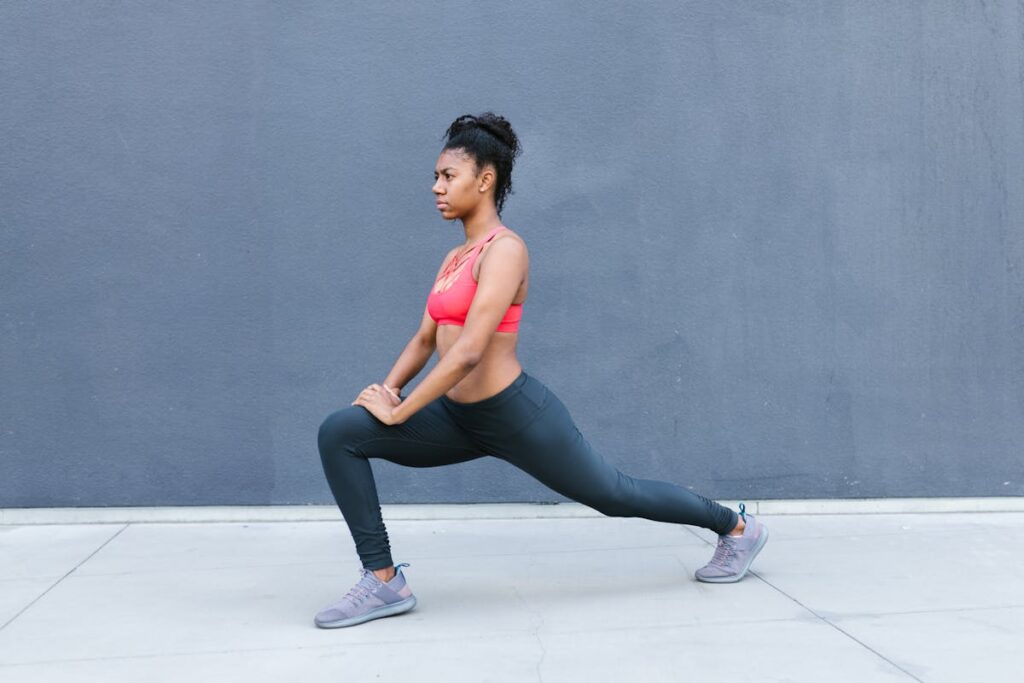Physical exercise is well-documented to have many beneficial impacts on mental and physical well-being. Beyond that, however, there is a significant relationship between exercise and self-esteem which most people are not aware of.
This is because exercise compels the brain to release hormones in the bloodstream that are responsible for fostering one’s relationship with oneself, thus enhancing the quality of life and overall well-being of the athlete.
Some individuals, however, are not quite certain where to start or why to invest in sports at all in certain situations or at certain stages in their lives. As such, this content may be useful if you’re going to enhance your quality of life. Watch out!
What is self-esteem?
A word invented in the 1950s, self-esteem is made up of one’s own life experiences, values, and feelings, which are represented by favorable or unfavorable opinions about oneself. Inherently associated with the way one perceives one’s self-worth, this term is one’s personal and individual manner of perceiving and/or communicating oneself.
Yet, with the spread of this term in social networks, individuals construct self-esteem through comparisons, after all, based upon an aesthetic norm that is very far from things as they are.
Consequently, arguments have emerged concerning the body and what beauty is, particularly in the realm of sports. As it turns out, the modern age of fitness influencers encourages that today’s regimens can be more accommodating to fit into a schedule of other daily work and exercises.
Nonetheless, sport and self-image are interconnected in numerous ways more than high performance alone, particularly due to the fact that the term rests upon other elements such as:
- Social skills.
- Recognition of one’s own attributes.
- Self-regulation.
- Among others.
It is interesting to point out that all the mentioned conditions may differ based on each individual’s mood and daily routine. After all, let us not forget that there are other psychosocial variables with a direct influence on self-esteem.
In what way are sport and self-esteem connected?
Regular exercise decreases levels of anxiety and stress as well as enhancing cognitive performance. Moreover, exercise raises blood supply to the brain, slowing down neurotransmitter degeneration and accelerating cognitive processing.
In other words, exercise is vital in maximizing one’s health and wellness in various ways. Regular exercise is hence directly connected to an individual’s capacity for self-acceptance and self-confidence.
Therefore, it’s acceptable to claim that sports can boost self-esteem because they have the power to change your perspective in addition to improving appearance. Exercise promotes a more positive self-image and leads to a healthier life and, frequently, a body that lives up to your aspirations.
Some sports players begin sports with a desire to alter their life, usually to lose weight or change a sedentary way of life. Nevertheless, they acquire other advantages, like emotional regulation, better mood, and resistance to cardiorespiratory diseases.
How do individuals view self-image?
Generally, every person builds their own self-perception by understanding their own body. That is because this perception is marked by how other people will identify and evaluate them, which can influence the relationship that they build with their own physical appearance.
Therefore, individuals place too much pressure on themselves to shape their body as opposed to actually being concerned about their well-being, and this will have a negative effect on their mental health in an effort to achieve the norm.
Currently, the endless quest for a better body is regarded as a sociocultural phenomenon. This is due to dissatisfaction with one’s body being perhaps one of the primary motives for which individuals begin to exercise.
Relationship of self-esteem and gender
The 2023 Kantar What Women Want survey discovered that women’s self-perception remains to be lower than men’s. Also, nearly 20% of women experience low self-esteem, but only 10% of men . The reason behind this is a number of factors, which you can view below:
- Difficulty in accepting your own limitations.
- Speaking negatively about yourself all the time.
- Fear of rejection.
- Continuous quest for compliments and outside appreciation.
- Lack of confidence in oneself.
The beauty requirements laid upon women are cyclical. Comparative thinking with other women affects self-esteem directly, as women tend to compare themselves lower than how they see themselves.
Hence, one must be conscious of the fact that self-image changes over a lifetime, and this relies on accepting your strengths and weaknesses, along with finding initiatives that align with your personal preferences.
How to set goals to improve self-esteem?
Self-esteem is a component of your personal identity, and thus needs to be strengthened with day-to-day efforts. Therefore, making goals can be your starting point in enhancing your personal well-being.
Begin with the simple by not criticizing yourself, learning to get to know your body type , and partaking in fun activities. Gradually, you will feel that your self-esteem is improved due to the interest you’re showing towards yourself, utilizing sports as the source of a healthy life!

